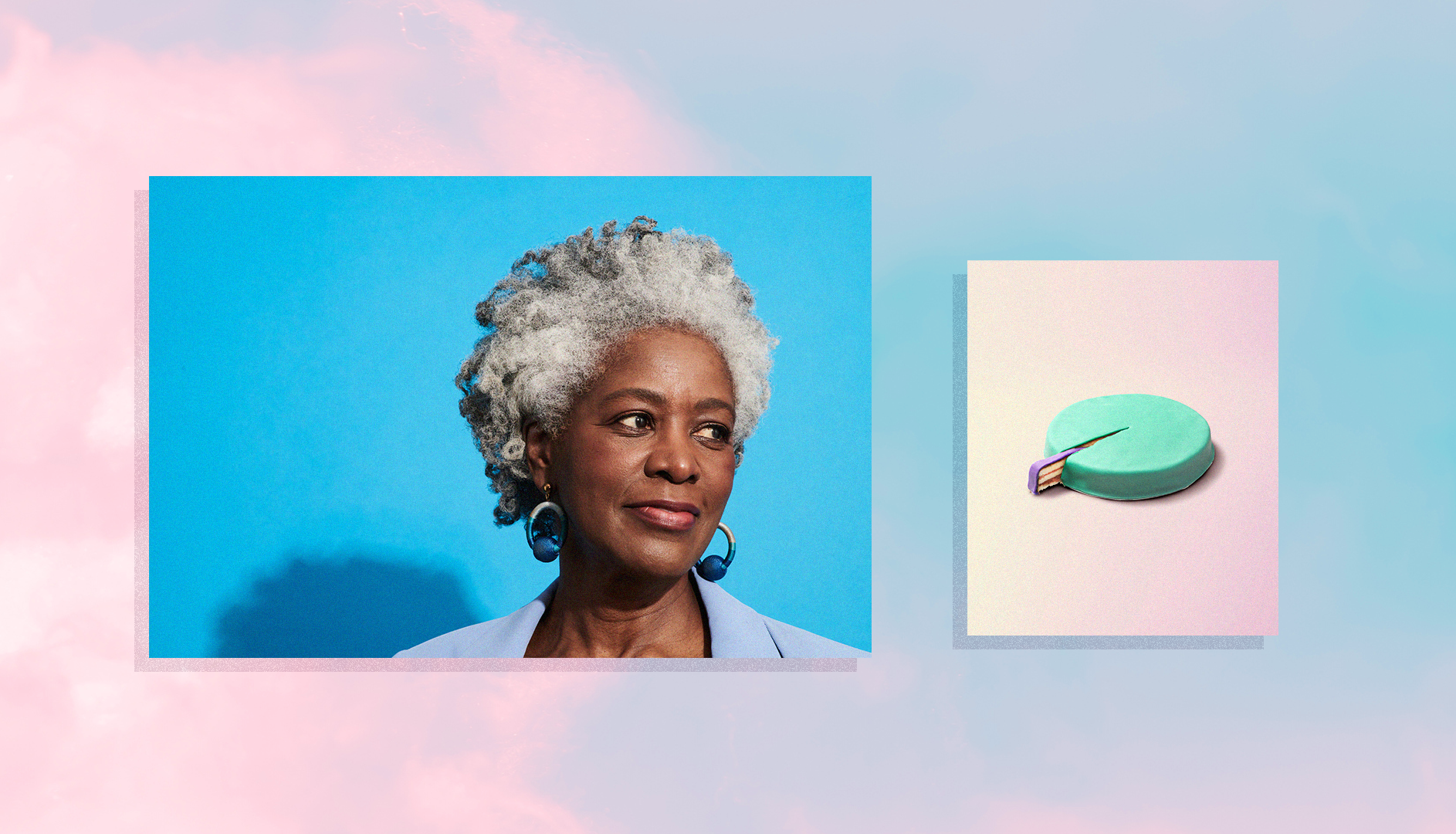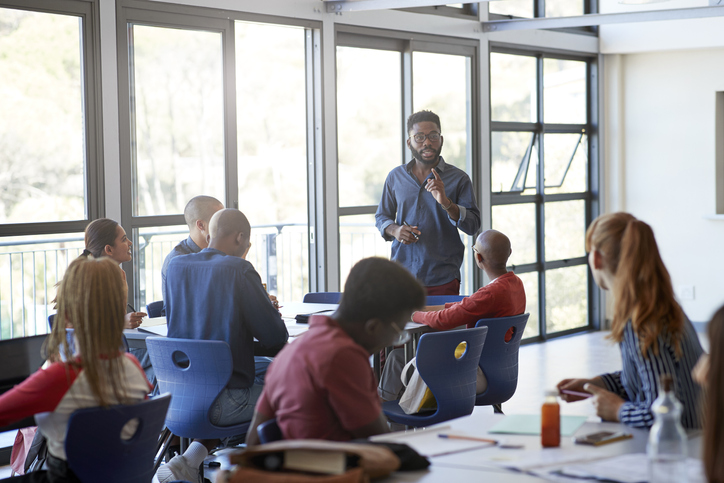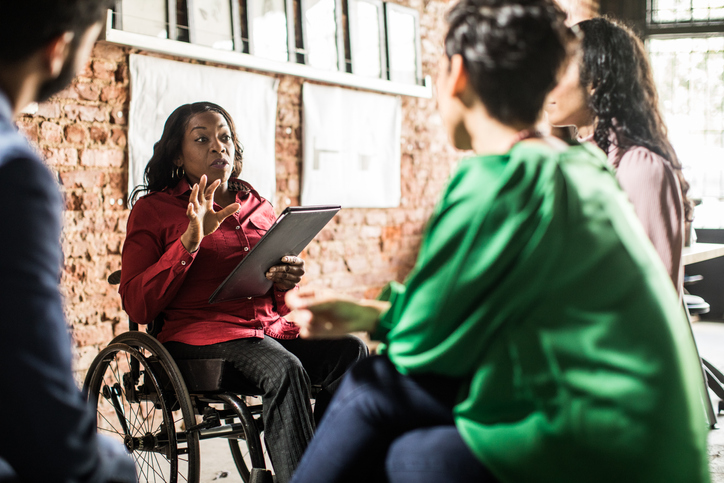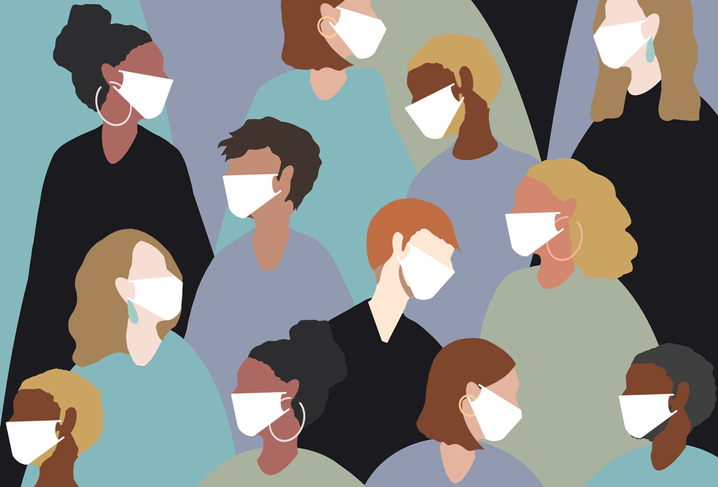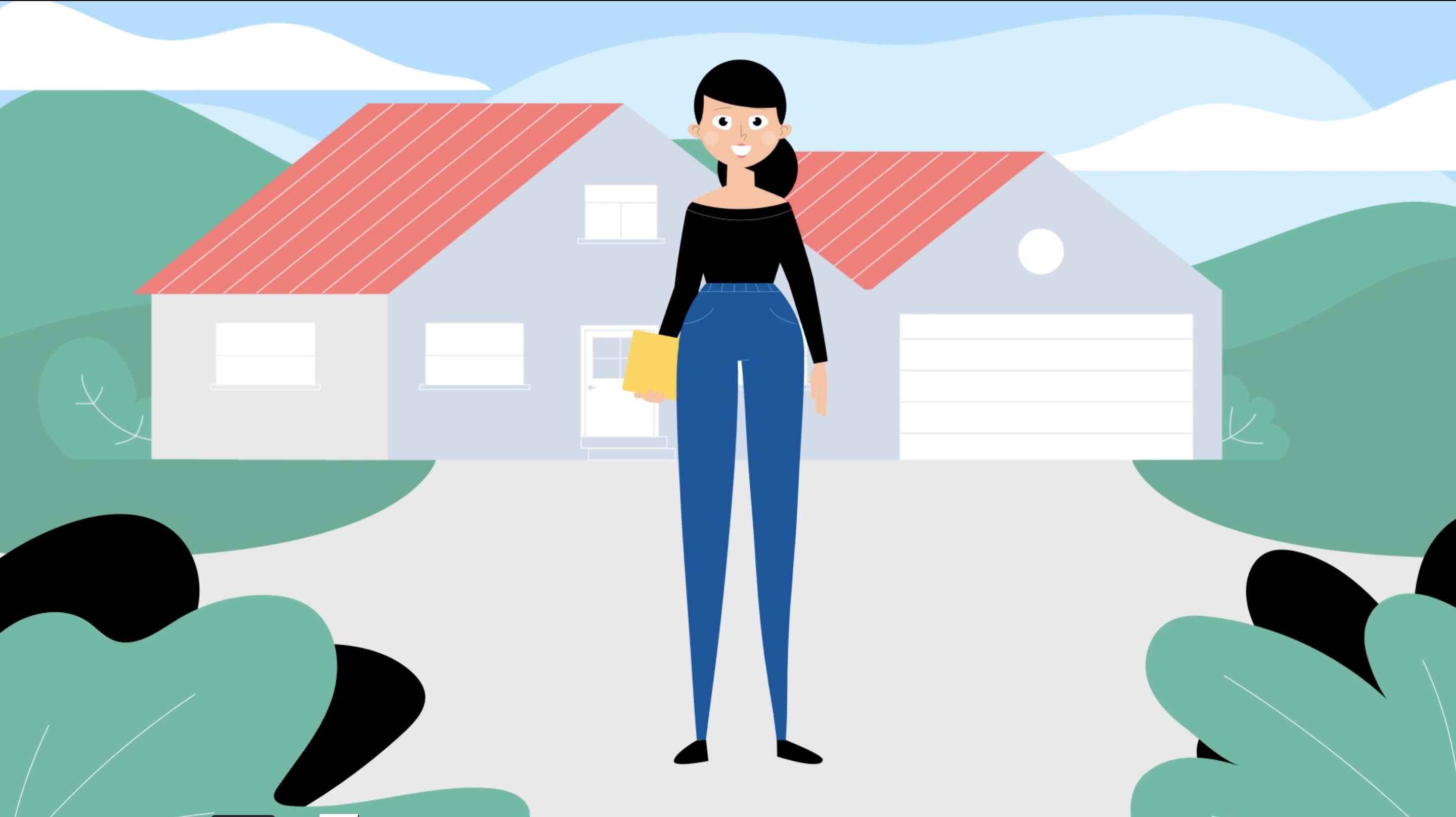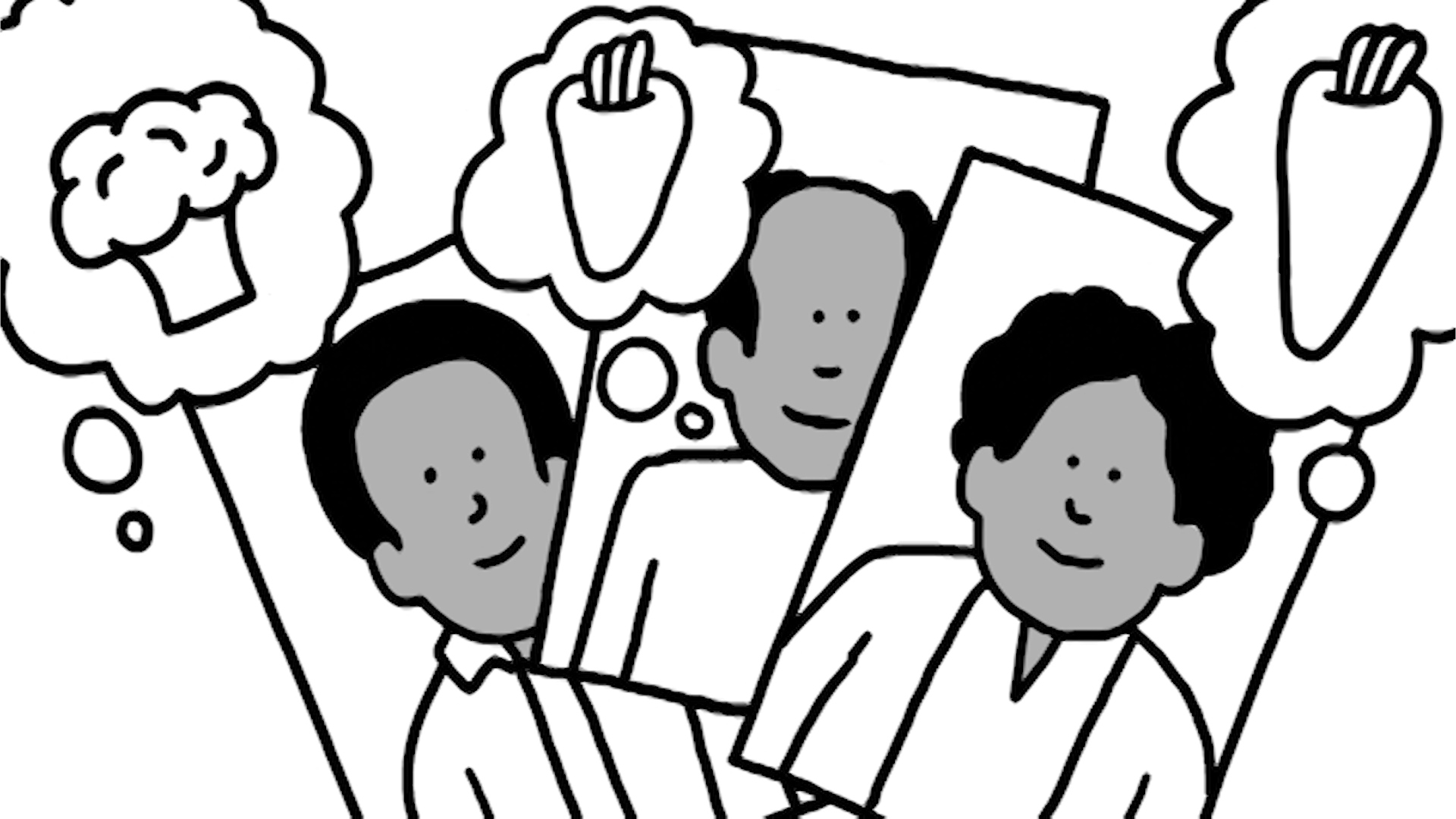Change is constant in business. There are always new ideas, new products, new ways to work better. That’s how it should be. Businesses and non-profit organizations get themselves into trouble when they think they have it all figured out. Comfortable companies get complacent, and those that grow rigid risk ruining their reputations as thought-leaders. By contrast, organizations that embrace change stay innovative and agile.
That is what we have seen over the last year and a half. Rigid companies that resisted change suffered—revenue plummeted, employees resigned, and some even went out of business—while businesses that adapted quickly survived and in some cases thrived during the pandemic and gained new strategies and tools to use for the future.
That is not to say that there were no bumps along the way for the organizations that navigated the rough seas successfully. The pandemic caught many of us off guard (even though the scientific community had, in fact, warned us something like this could happen).
We do not want to be caught off guard again. One giant trend is coming, and in many ways, is already upon us. Every company, board director, and leader should ensure their business has a strategy to seize its possibilities for growth.
That trend is the unprecedented aging of the population. With life expectancies on the rise and birth rates declining, the growth of the older population is steadily outpacing that of younger generations around the world. People aged 60 and over already account for more than one billion of the world’s population; this age group is expected to double—to over two billion—by 2050. Not only are we aging, but in many places, we are living longer than previous generations. In countries where people are aging well, more than half of children born today are projected to live to see their 100th birthday.
What if leaders miscalculate, underestimate, or even worse—ignore this major demographic shift? Businesses that miss out on the aging population will be in crisis, and the risk to organizations and their bottom line could be catastrophic.
That said, crises can be opportunities—but only for those leaders who are prepared. What do businesses need to do to be prepared?

First, awareness and understanding
As organizations face immediate and unprecedented economic challenges due to the coronavirus pandemic, it is a critical time to recognize the growing aging population as part of a strategy for economic recovery and growth. The truth is, this is an opportunity—a multi-trillion-dollar market opportunity. Older adults are consumers, taxpayers, workers, and business owners. Many also add massive value through volunteering and serving as family caregivers. The purchasing power of older adults generates significant tax revenue, creates jobs, and creates stability in other important areas, like health care, housing, and transportation for essential workers, families, veterans, and small business owners, all of whom were very hard hit by the pandemic.
Business leaders, therefore, must embrace longevity. Here are three reasons why:
It’s good for businesses.
If the 50-plus population comprised a country, its economy would be the third biggest in the world (after the U.S. and China). People aged 50 and older have massive purchasing power, which creates jobs and opportunities across all generations, grows revenue, and fuels and sustains businesses of all sizes. According to AARP’s Longevity Economy Outlook, the economic contribution of the 50-plus population was worth $8.3 trillion in 2018. Fifty-six cents of every dollar was spent by someone over the age of 50. By 2050, their economic impact is expected to more than triple to $26.8 trillion, and 61 cents of every dollar will be spent by someone over the age of 50. Businesses that are ready to catch this wave will sail right past their competition.
It’s good for governments.
The 50-plus population (which make up 35 percent of the U.S. population) is also a major source of revenue for federal, state, and local governments to provide the services and infrastructure businesses and communities count on. Nearly half of federal revenues in 2018, or $1.4 trillion, came from the 50-plus cohort —a figure set to nearly quadruple to $5.5 trillion by 2050. We see a similar picture with regards to state finances. The 50-plus cohort is responsible for almost $650 billion in state revenues today. By 2050, its contribution is forecast to approach $2.4 trillion. Business and public leaders can work together to invest those resources in our communities to grow a stronger, healthier economy for everyone.
It’s good for individuals of all ages.
As people live longer, many will either want or need to continue working. Studies have shown that working past age 65 is linked to better health and longevity. Not only that, studies show that age-inclusive companies report higher worker satisfaction across the board, and satisfied workers are more committed, creative, and productive. That is not the only way they add value. Older workers also contribute experience to multi-generational teams, participate in encore careers, and lead in entrepreneurship.
Next, take decisive action
It is clear why businesses should embrace a strategy for the longevity economy. Each and every business stands to gain from tapping into the opportunities of the 50-plus market. To maximize that longevity dividend, though, we must act now. Government leaders, business leaders, non-profit leaders, and each of us as individual leaders have a role to play. For example, private-sector leaders and product developers must think past outdated stereotypes when creating solutions. And advertisers must authentically represent the full spectrum of living as people age. We must all work together to test and develop new approaches to learning, earning, living, and connecting with each other as we live longer lives.
Change is constant in business, and innovation is not just for products. Even long-established organizations boasting household names need to stay flexible, adaptive, and innovative to seize new opportunities. By building a workplace culture that embraces change, we can continue to meet our clients and customers where they are while setting the pace as thought leaders in our fields.
Finally, a radical thought
Your customers are aging, yet there is no longevity crisis. There is only a longevity opportunity, which benefits businesses, communities, and governments. And that opportunity is just waiting for you to embrace it. So will you?

